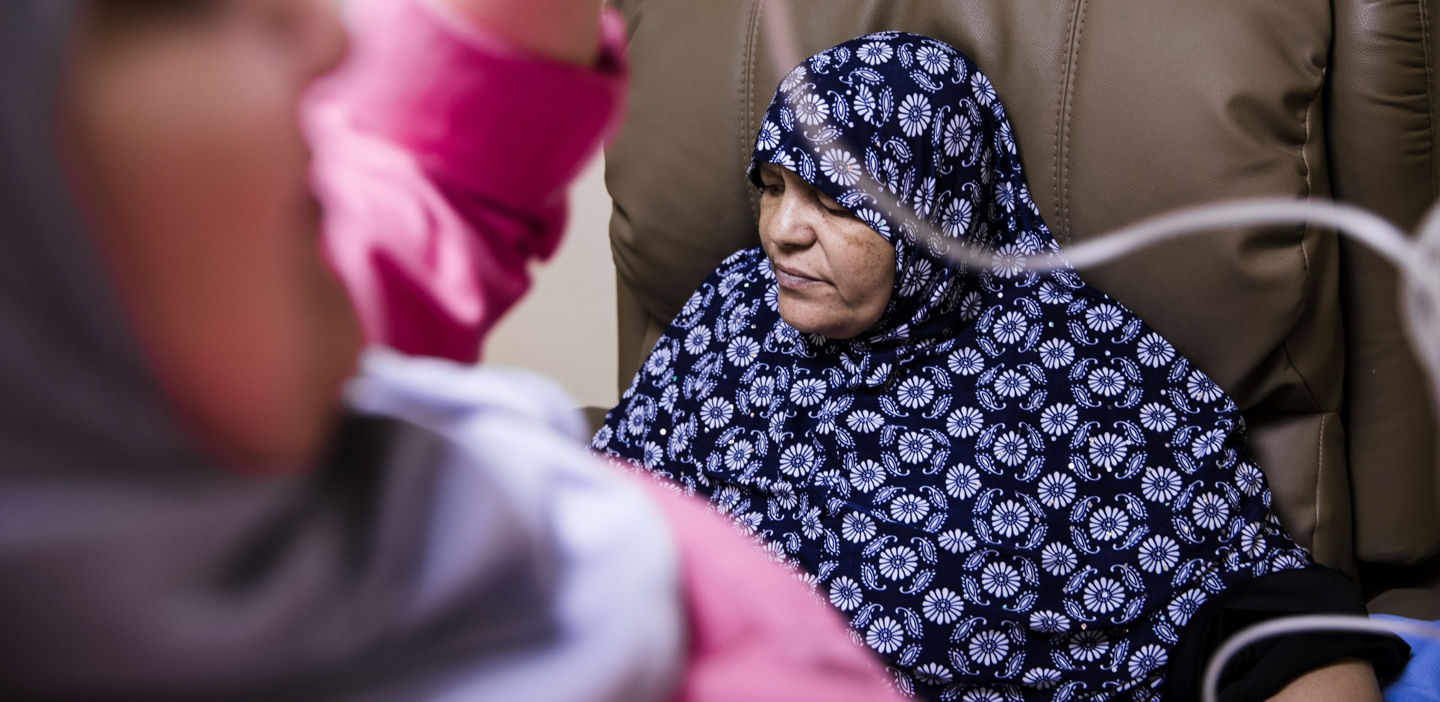Expanding Egypt’s Healthcare Reach for Hepatitis
With its current success in battling HCV, Egypt is now focusing on continued healthcare support, awareness, and education both locally and for its fellow African countries.
In 2019, Egypt announced it would provide HCV screening and treatment for one million people across 14 countries in Africa.7 The country will supply technical assistance, expertise, and screening software as well as free treatment in those regions with a high prevalence of HCV.
Additionally, Egypt has continued to promote awareness of its fight against hepatitis. To commemorate World Hepatitis Day 2020, Egypt’s Health and Population Minister commented that the country has made a “turning point” through improving its healthcare system with its "100 Million Healthy Lives" HCV screening campaign.6 And in the midst of the COVID-19 pandemic, Egypt has remained diligent in providing healthcare services to patients suffering from HCV and HBV. The WHO has marked the theme for 2020 as a "Hepatitis-free future," focusing on HBV among mothers and newborns.
Roche’s partnership with Egypt
As Egypt’s road to eradicating HCV began, Roche was committed to supporting their efforts by providing diagnostic solutions on an unprecedented scale. Roche delivered and brought online, in six months, 23 fully-automated, high-throughput, molecular diagnostic solutions to Egyptian healthcare centers. Through global and local support, Roche personnel helped train healthcare providers to ensure that the screening programs were operated correctly and provided consistent results with every test. Roche is committed to providing continued support to the people of Egypt as they pursue the total elimination of the disease.
A unique characteristic of Roche’s diagnostic tools is that a single instrument can be used to detect multiple diseases. The systems can be utilized for blood screening, as well as to tackle other elimination programs such as HIV, HBV, Mycobacterium tuberculosis (MTB), human papillomavirus (HPV), and coronavirus.
Roche has been a trusted partner in providing reliable diagnostic solutions during the world's most challenging healthcare situations, such as the COVID-19 pandemic. Roche is able to provide hundreds of thousands of molecular tests quickly and efficiently when countries need them most. As an experienced leader in infectious disease, Roche is dedicated to delivering robust screening assays and instruments and helping each country build a sustainable healthcare infrastructure.


